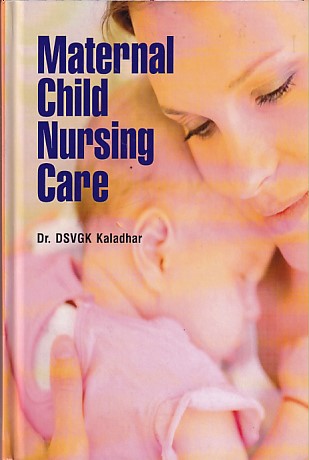Annotation
In paediatric nursing, perhaps even more than other areas of nursing, professionals are acutely aware that the quality of family life is bound up with the health of individuals within the family. However, as Lapp et al. point out, there has been less clarity about how to support and promote such complex interactions. Nursinga child is not just a question of caring for a small adult. Children have very specific health needs and you need to understand how a healthy child develops towards adulthood to minimise the impact of illness. Nurses caring for pediatric patients need to be constantly vigilant because even minute changes in a patient's health status can lead to catastrophic events as a result of the patients size. There is a constant need for new technology and evidence based information to help nurses recognize rapidly changing physiological. In this book we have attempted to document these interactions and illustrate how nurses can enhance the support they give to the family with a terminally ill child. Family nursing, which involves the nurse working in partnership with the family, assisting them to find their own solutions to their problems, appears to be a logical and legitimate extension of the paediatric nurse's role. Perhaps it is only when we are willing to extend our role in this way that we wll learn to enhance the quality of life 'not only for our patients and their families, but also for ourselves.'

